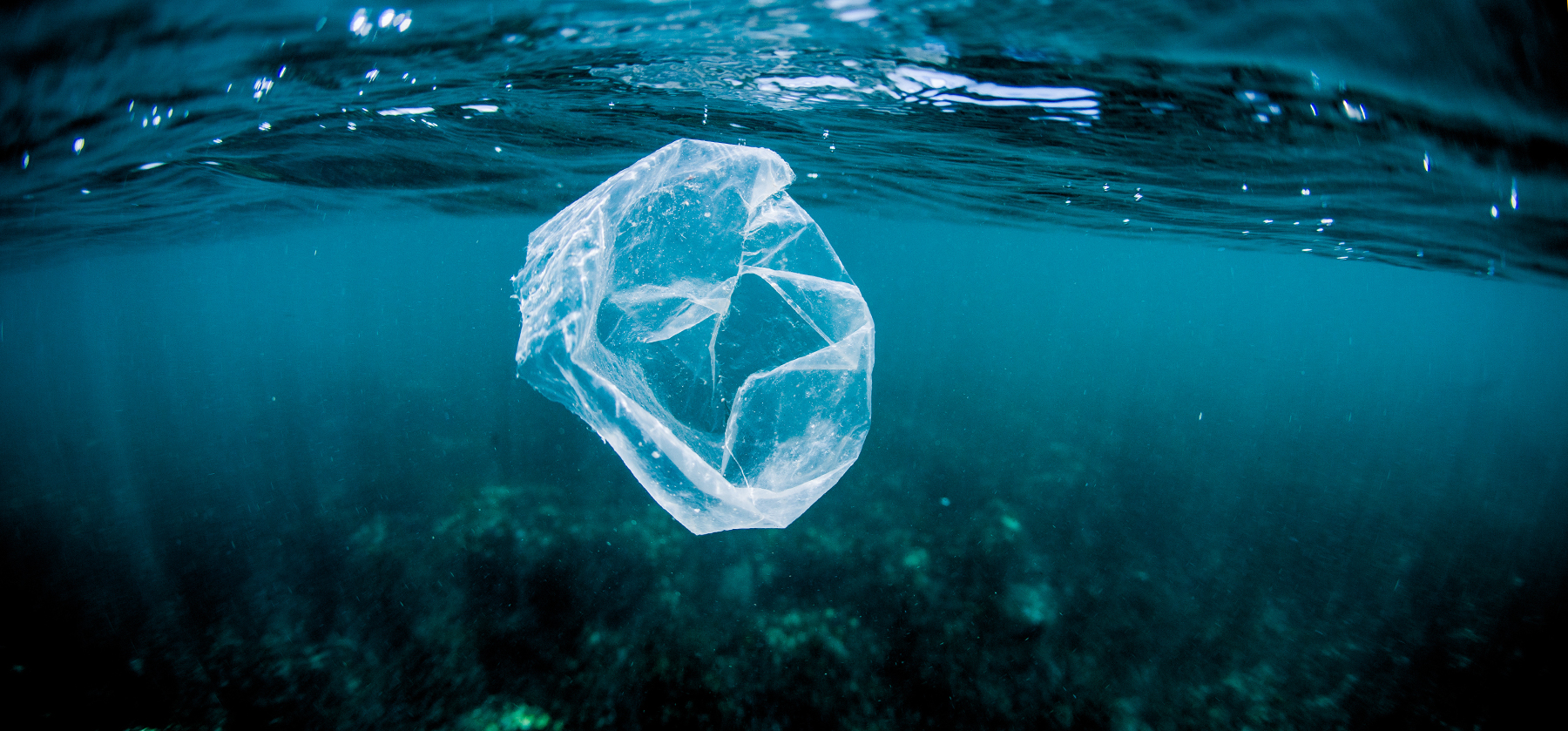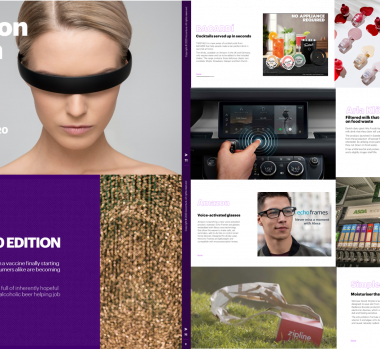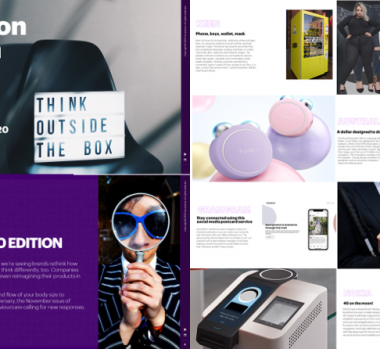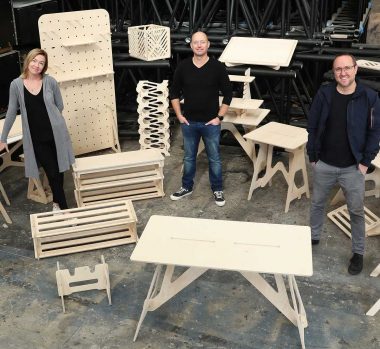The Plastic Crisis: Let’s Not Waste It
Like a growing number of places across the world, you’ll no longer find any plastic straws in the ?What If! Offices.
Plastic has been a victim of its own success. Once heralded as a symbol of human invention, it’s well documented that this wonderfully cheap and versatile polymer is critically endangering our planet, toxifying our water and suffocating our wildlife.
The consensus is that we are in a plastic crisis.
After the Brexit referendum, we painted the Rahm Emanuel quote ‘let’s not waste another crisis’ on our office window. By its very nature, crisis implies the need for radical change. Crisis shifts expectations, opinions and demand. Crisis creates new revenue opportunities and catalyses innovation.
Indeed, the British government is on the verge of launching a £20m innovation fund for businesses and universities to develop innovative technologies and solutions to the plastics problem. Initiatives like this, along with impending anti-plastic legislation like the ‘latte tax’, mean inertia is turning into innovation.
It’s happening in product design and all along the value chain. Saltwater Brewery are developing edible plastic pack rings which ‘instead of killing animals, feeds them’. Meanwhile, the UK Plastics Pact, which includes Coca Cola, Tesco and M&S, has united retailers to collectively innovate around production, design, consumption and disposal.
As well as articulating their concern, consumers are changing their behaviour. Our office plastic ban is symptomatic of broader shifts; in London campaigns like The Last Straw and Straw Wars have grown exponentially in months. In the last few weeks, McDonalds, Wetherspoons and Pizza Express have committed to phasing out plastic straws whilst Starbucks are trialling paper alternatives in 54 outlets.
What about all that waste? Whilst many of our natural resources are depleting, waste plastic has huge potential – as a resource in itself. The Ellen Macarthur Foundation recently estimated that there’s $120bn worth of waste plastic in the ocean. Not only is this all up for grabs, you’re a hero if you find a use for it. Create a solution and the plastic crisis is a potentially lucrative one.
Global corporates are starting to make moves in this direction. Alongside many others, Adidas and BMW have recently launched products made from recycled ocean plastic. And paving a way to a better future, MacRebur Plastics are using waste plastic as part of cheaper, more durable tarmac already covering roads from Scotland to Bahrain.
The list goes on. Recycling is literally in vogue: Stella McCartney has recently campaigned for more sustainable materials like recycled polyester to be used in the fashion industry.
There’s a creative flipside to the havoc we’re causing our planet; the lucrative potential of an innovative circular economy able to help stave off environmental calamity. In the case of plastic, both multinationals and start-ups are starting to join the dots between protecting our environment, reducing waste and driving growth.
Let’s hope they don’t bottle it.
Get in touch


